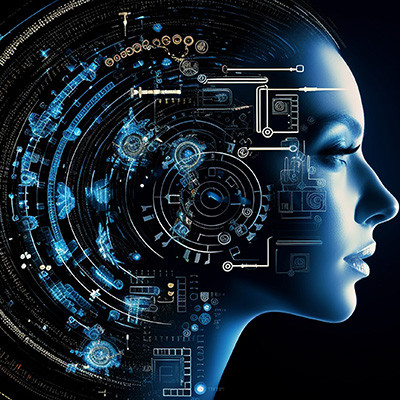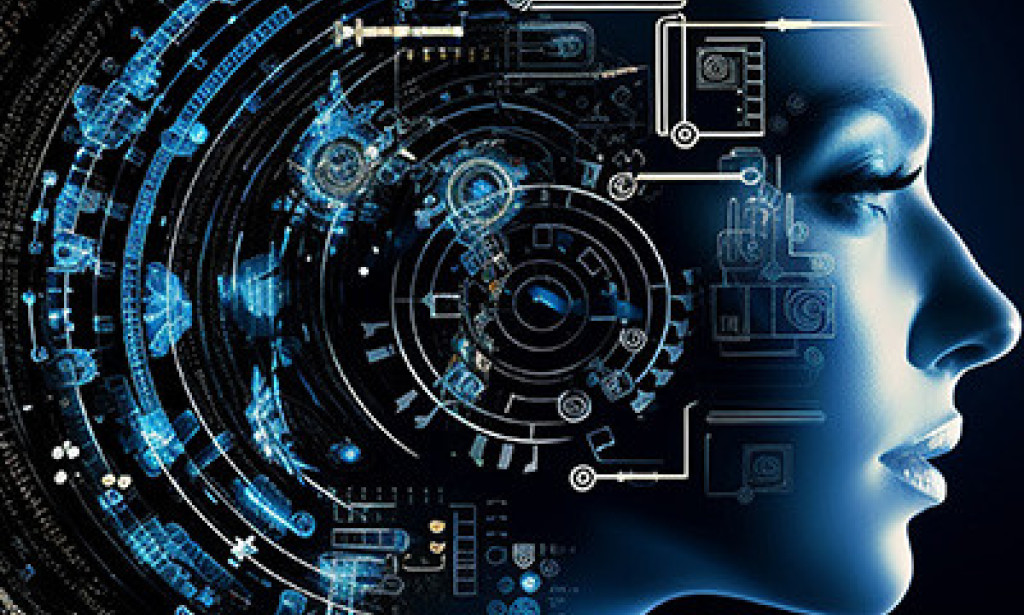
The Transformative Power of Technology: Shaping Our Present and Future
Introduction
In the 21st century, technology has transcended its role as a mere tool, becoming a pivotal force in shaping human experiences, societal norms, and economic landscapes. From the advent of the internet to the rise of artificial intelligence, the pace of technological advancement is unprecedented, influencing every aspect of our lives. This article explores the multifaceted impact of technology on society, including its contributions to communication, education, healthcare, and the economy.
The Role of Technology in Communication
One of the most significant shifts brought about by technology is the transformation of communication. Platforms such as social media, instant messaging, and video conferencing have redefined how individuals connect, collaborate, and share information. Gone are the days of waiting for letters to arrive; today, communication is instantaneous and global. This interconnectedness has fostered a sense of community and has provided outlets for activism and social change, as voices from diverse backgrounds can now be amplified. However, this rapid information exchange also comes with challenges, including misinformation, privacy concerns, and the need for digital literacy.
Revolutionizing Education
Technology's influence extends profoundly into education. The integration of digital tools and resources has created an accessible and interactive learning environment. Online courses, e-books, and educational apps cater to various learning styles and preferences, breaking down barriers to education and democratizing knowledge. Additionally, technology enables educators to personalize instruction, making learning more engaging and effective. However, the digital divide remains a significant issue, as not all students have equal access to technology, which can exacerbate existing inequalities.
Advancements in Healthcare
In healthcare, technology has revolutionized diagnostics, treatment, and patient care. Telemedicine has gained traction, allowing patients to consult with healthcare providers from the comfort of their homes—particularly vital during the COVID-19 pandemic. Electronic health records (EHRs) streamline patient information management, enhancing communication among healthcare professionals. Innovations such as wearable devices and health monitoring apps empower individuals to take charge of their health. Nevertheless, ethical considerations surrounding data privacy and the need for equitable access must be addressed to ensure that advancements benefit all.
Economic Transformation and Future Trends
The economy has also been reshaped by technology, particularly with the rise of automation and artificial intelligence. Industries are adopting smart technologies to increase efficiency, reduce costs, and enhance productivity. While this creates opportunities for innovation and growth, it also raises concerns about job displacement and the future of work. Continuous learning and adaptation to new skills will be essential for the workforce to thrive in a rapidly changing landscape. Looking ahead, emerging technologies such as blockchain, augmented reality, and quantum computing promise to further revolutionize industries and our daily lives.
Conclusion
As we navigate the complexities of a technology-driven world, it is crucial to recognize both the opportunities and challenges that accompany these advancements. Technology has the potential to enhance our lives, create unprecedented opportunities, and drive societal progress. However, it also calls for a collective responsibility to ensure equitable access, protect privacy, and promote digital literacy. Embracing a holistic and inclusive approach to technology will empower us to harness its transformative power for a brighter future. As we stand on the brink of further innovations, the question remains: How will we shape the narrative of technology to benefit all of humanity?


You must be logged in to post a comment.